20 April 2025
Classrooms have evolved significantly over the last few decades. Gone are the days of chalkboards and one-way lectures. Today, technology plays a crucial role in shaping how students and teachers interact. EdTech tools are revolutionizing education, making communication seamless, interactive, and engaging. But how exactly are these tools transforming the classroom experience? Let’s dive in!
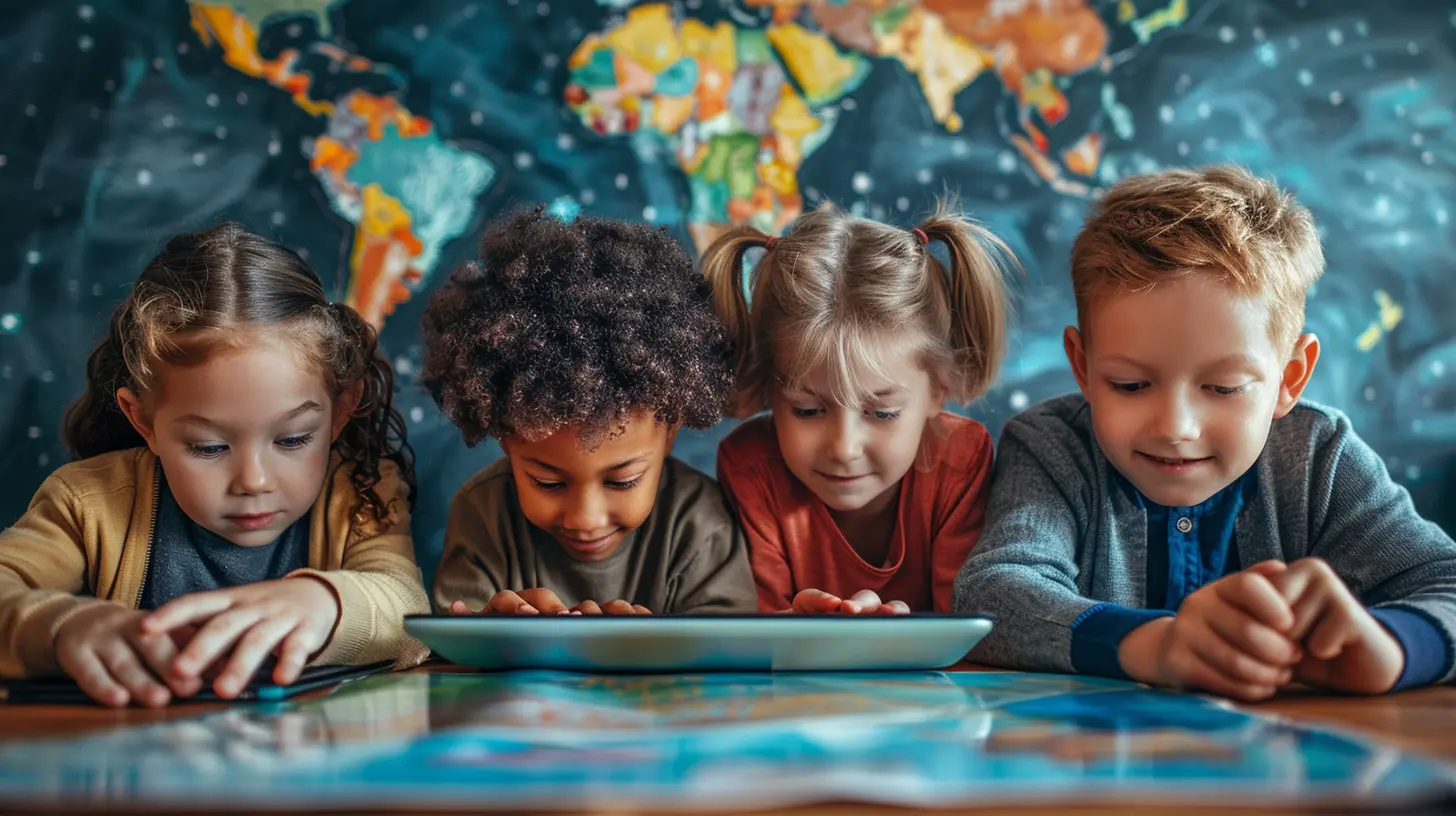
The Shift from Traditional to Digital Communication
In traditional classrooms, communication relied heavily on direct teacher-student interaction, written assignments, and verbal discussions. While this approach has its strengths, it also comes with limitations—lack of accessibility, limited engagement, and restricted collaboration.With the rise of educational technology, communication barriers are breaking down. Students can now interact with teachers and peers beyond the four walls of a classroom. Whether it’s through real-time messaging apps, video conferencing, or collaborative platforms, EdTech tools are making learning more inclusive and effective.
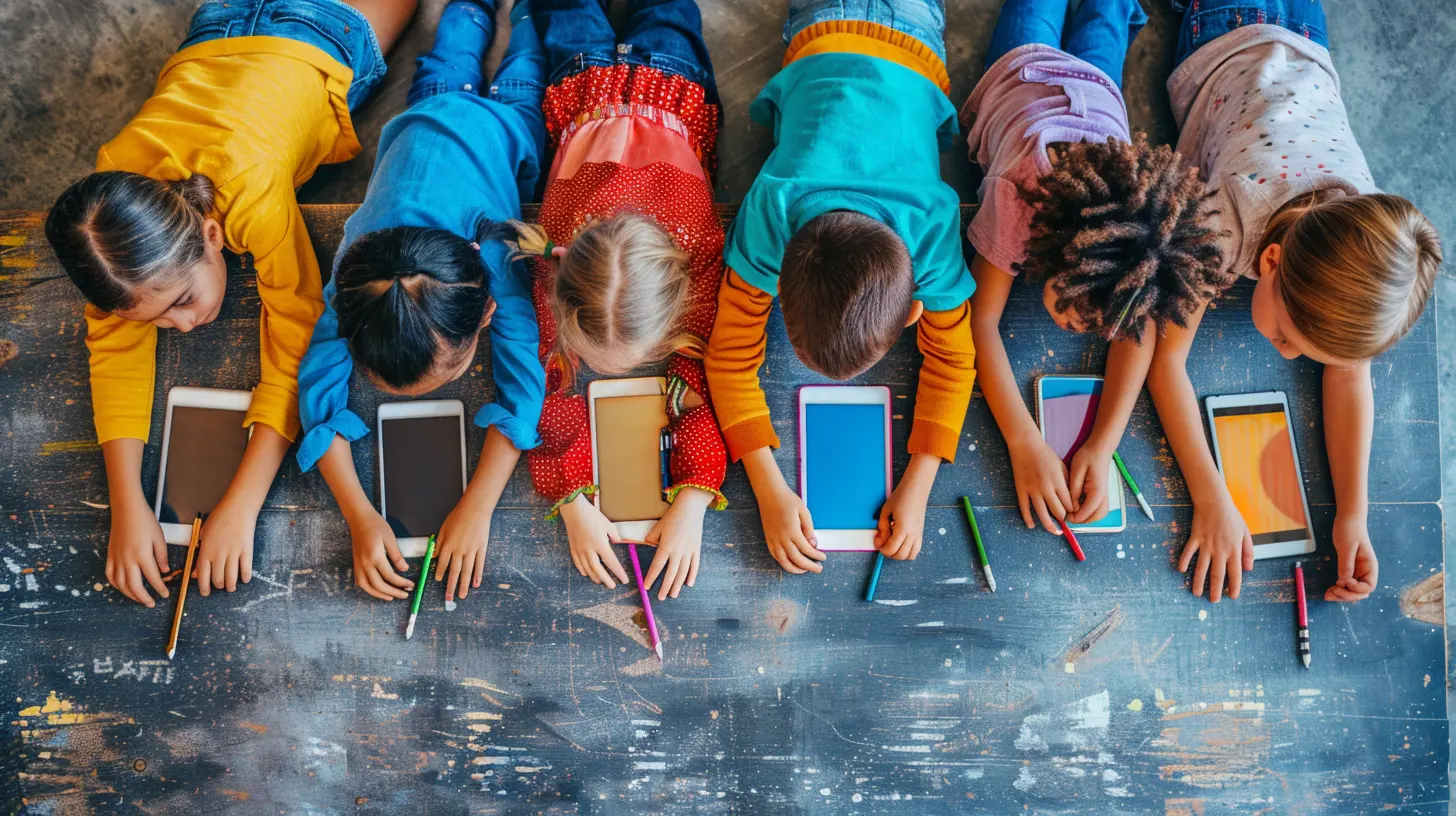
How EdTech Tools Are Enhancing Classroom Communication
Let’s take a closer look at how various EdTech tools are redefining communication in schools and colleges.1. Interactive Learning Platforms
Gone are the days when students passively listened to lectures. Platforms like Google Classroom, Moodle, and Canvas allow students to engage in discussions, submit assignments, and receive instant feedback. These tools create a two-way communication channel where students and teachers can interact effortlessly.- Teachers can post resources, announcements, and assignments in one centralized place.
- Students can ask questions, participate in discussions, and collaborate on projects.
- Instant feedback helps students improve their work and understanding in real time.
2. Video Conferencing Tools
With the rise of remote and hybrid learning, video conferencing tools like Zoom, Microsoft Teams, and Google Meet are now an integral part of education. These tools make real-time communication possible, ensuring learning continues beyond the physical classroom.- Live lectures and recorded sessions help students revisit lessons anytime.
- Virtual breakout rooms foster group discussions and peer learning.
- Teachers can conduct one-on-one sessions to address individual student concerns.
3. Instant Messaging and Chatbots
Emails are great, but they’re not always the fastest way to communicate. Enter instant messaging tools like Slack, Microsoft Teams, and WhatsApp for education. These platforms enable quick and direct communication between teachers, students, and even parents.Additionally, AI-powered chatbots are now being used to answer frequently asked questions, freeing up teachers' time. Imagine a virtual assistant guiding students through assignments, deadlines, and resources—sounds like a game-changer, right?
4. Gamification and Engagement Tools
Let’s face it—students love games! Integrating game-based learning through platforms like Kahoot!, Quizizz, and Classcraft makes classroom communication more fun and interactive.- Teachers can create quizzes and surveys that encourage participation.
- Leaderboards and rewards boost student motivation and engagement.
- Real-time feedback helps identify learning gaps instantly.
When students enjoy the learning process, they engage more, and better engagement leads to improved communication.
5. Collaborative Document Editing
Group projects used to be a logistical nightmare—multiple students working on the same document meant endless email exchanges and lost versions. Enter collaborative tools like Google Docs, Microsoft OneNote, and Notion.- Students can co-edit documents, leave comments, and track changes in real time.
- Teachers can provide immediate feedback within the document.
- Version history ensures transparency and accountability.
With such tools, teamwork and communication become more efficient and less frustrating.
6. Personalized Learning with AI and Analytics
One-size-fits-all education is outdated. With AI-powered EdTech solutions, teachers can now personalize communication based on individual learning needs.- Adaptive learning platforms adjust content based on student performance.
- AI-generated insights help teachers identify struggling students early.
- Smart recommendations provide additional resources tailored to each student.
When students feel their learning experience is personalized, they engage more, ask more questions, and communicate better with their instructors.
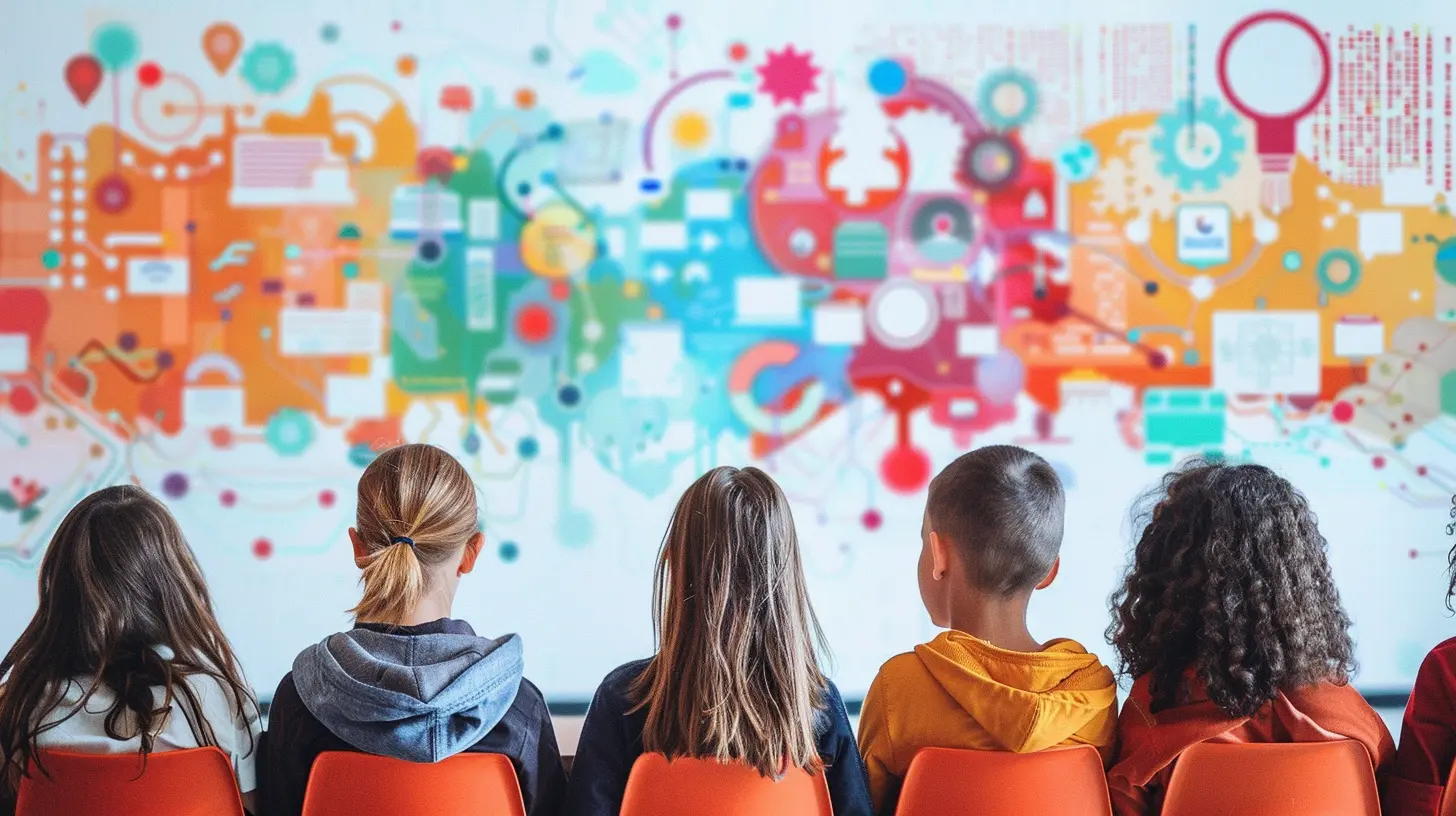
Overcoming Communication Challenges with EdTech
While EdTech offers numerous benefits, it’s not without its challenges. Here’s how we can overcome common hurdles:1. Digital Divide and Accessibility Issues
Not all students have access to high-speed internet or advanced devices. Schools need to:- Provide affordable tech solutions like tablets or Chromebooks.
- Ensure learning platforms are mobile-friendly.
- Offer offline features so students can access content without constant internet access.
2. Teacher Training and Adaptability
Technology is only useful if teachers know how to use it effectively. Schools must:- Conduct regular EdTech training sessions for educators.
- Provide user-friendly platforms with responsive support.
- Encourage peer-to-peer mentorship for tech adoption.
3. Data Privacy and Security
With communication tools comes the responsibility of data protection. It’s crucial to:- Use encrypted and secure platforms for student interactions.
- Educate students about online safety and digital etiquette.
- Implement strict access controls for sensitive student data.
By addressing these challenges, we can maximize the benefits of EdTech while ensuring a smooth and secure learning experience.
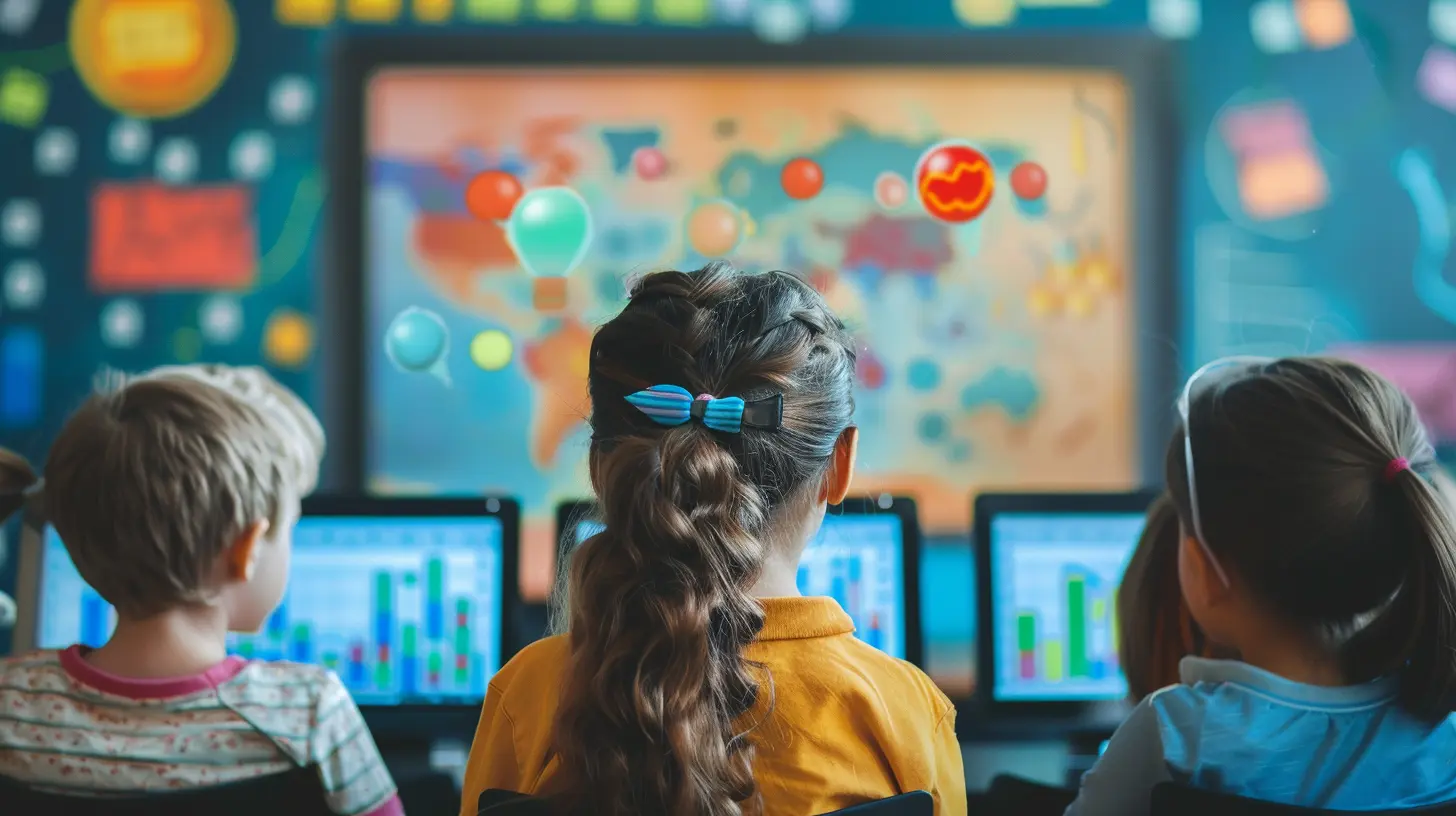
The Future of Classroom Communication
The education landscape is shifting rapidly, and technology is at the heart of this transformation. So, what does the future hold?- AI-powered tutors could provide 24/7 support for students.
- Virtual Reality (VR) classrooms could make remote learning more immersive.
- Blockchain technology could secure student records and credentials.
- Voice recognition tools could assist students with disabilities.
The possibilities are endless, and as technology advances, so will the way we communicate in classrooms.
Final Thoughts
EdTech tools are not just an add-on to traditional learning; they’re redefining how educators and students interact. From instant messaging to AI-driven insights, technology is making communication more engaging, efficient, and inclusive.While challenges exist, the benefits far outweigh the drawbacks. By embracing EdTech, we’re not just enhancing communication—we’re shaping the future of education.
So, are you ready to embrace this transformation?


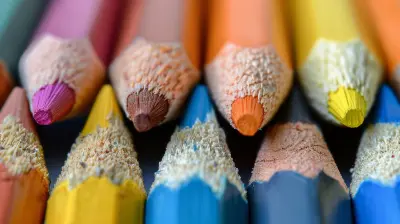

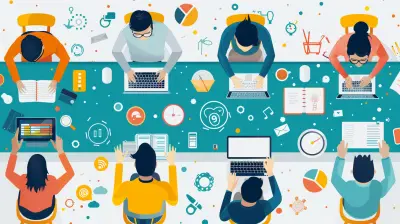
Rina Palmer
In the realm where innovation meets the mind, EdTech tools weave a tapestry of connection, Transforming voices, inspiring hearts, Redefining learning, where every idea finds its spark.
April 23, 2025 at 12:45 PM